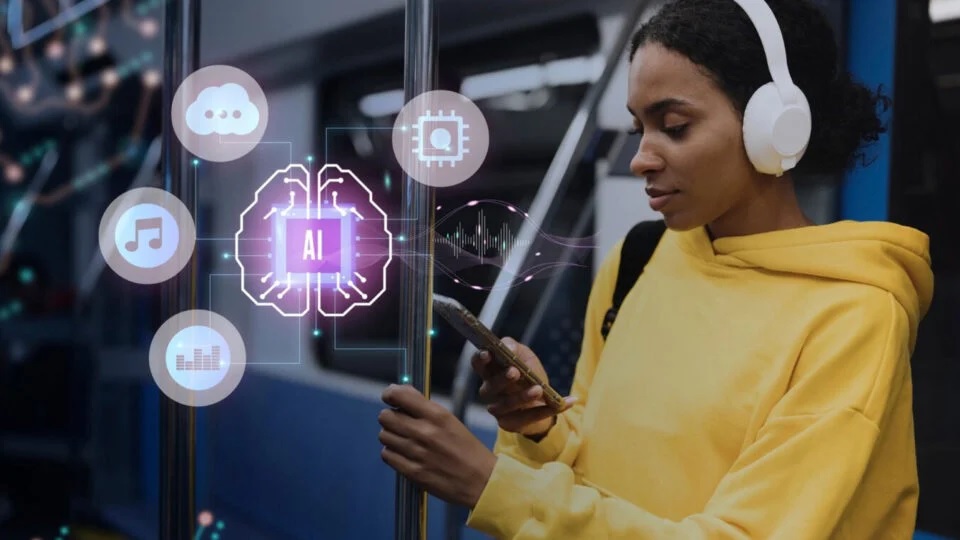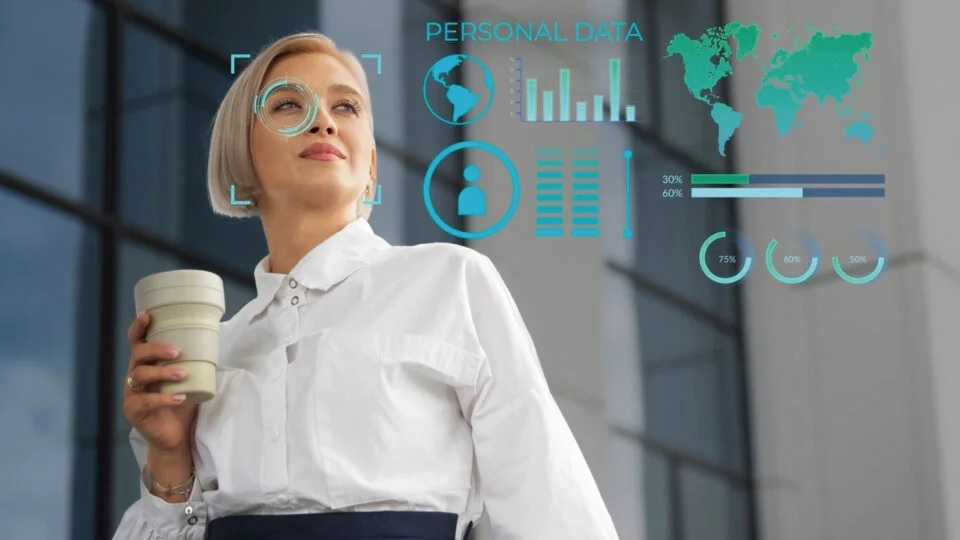Murali, Could you begin by providing us with an introduction and detailing your career trajectory as the Senior Vice President, Engineering at Skillsoft?
I joined Skillsoft in 2016 as the VP of engineering after a career spanning over two decades at IBM, where I led the build out of large-scale enterprise solutions and innovative software products. 2016 was an exciting time to join Skillsoft as the learning industry was undergoing major disruption. To stay competitive, Skillsoft was in the process of building an innovative, AI-driven learning platform called Percipio. With the support of a new leadership team, we were able to build the platform from the ground up and bring it to market within a year.
The project involved not only building a new product but changing the culture and operations of our technology team, including the launch of a new tech stack built on the AWS public cloud infrastructure. Over the past years, we have grown the product family and organization to include new products and services, and in the process, took ownership to transform the cloud operations organization.
We managed to modernize how we build, deploy, and support our products in the cloud through continuous integration and deployment to deliver new capabilities to the market at lightning speed while maintaining a highly secure, resilient, and performant learning platform that serves millions of learners.
Over the years, we built a strong culture of innovation within our engineering team, which is one of the most exciting parts of my job today. Every quarter, we do an innovation sprint, where team members organically produce ideas to advance platform capabilities. Our philosophy is to establish a grassroots mindset to produce innovative ideas that solve our customers’ business problems and improve experiences for our learners. Many of our AI and machine learning innovations have come out of this process, helping to make our platform smarter and our learning experiences more personalized.
Can you provide a brief introduction to CAISY (Conversation AI Simulator) and its role in Skillsoft’s offerings?
CAISY, which is an AI-based conversation simulator that helps learners build business and leadership skills, was born out of one of our innovation sprints. The original idea was implemented on a simple terminal text-based interface using GPT 3.5, though we saw the power of the concept and decided to progress it to be customer-facing. Skillsoft launched CAISY out of beta in September using generative AI and GPT 4, to help learners practice and role model various business conversations. While Skillsoft has extensive learning content on how business, management, and leadership conversations should be handled, learners can now practice and apply these skills in real time. Developments in generative AI allow us to leverage our knowledge and expertise in this area while providing a hands-on environment for our learners, so that they can practice conversational skills in a safe and secure zone before implementing them in the real world.
To Know More, Read Full Interview @ https://ai-techpark.com/ai-tech-interview-with-murali-sastry/
Read Related Articles:











